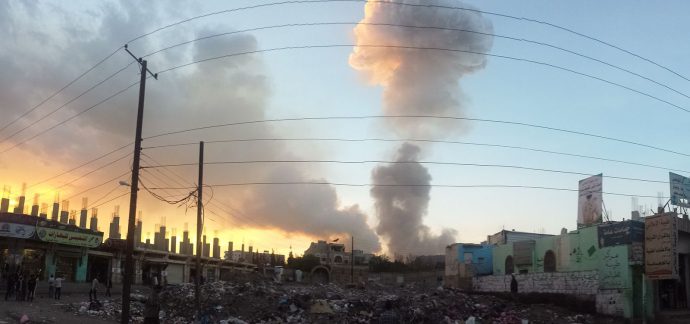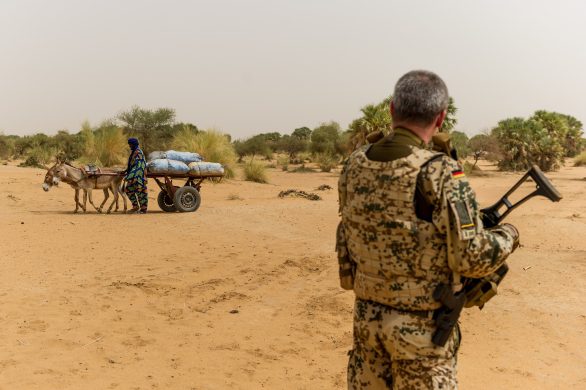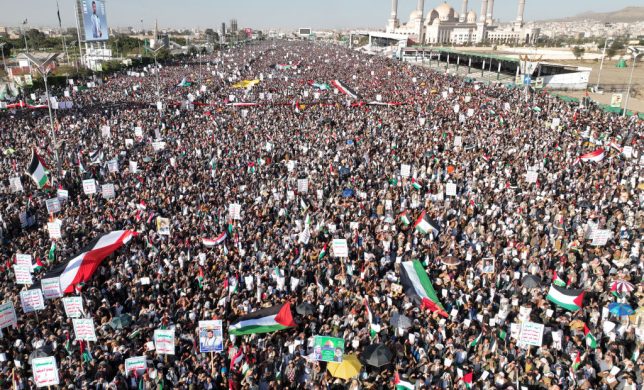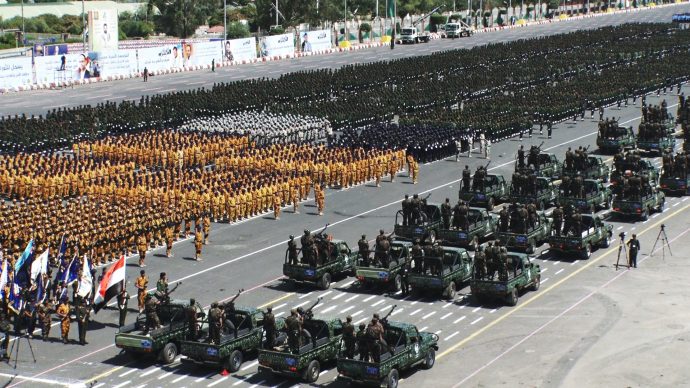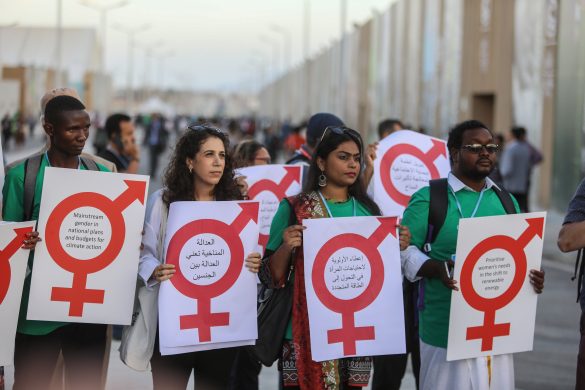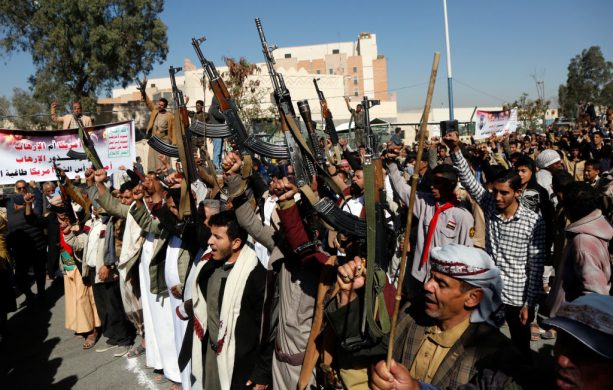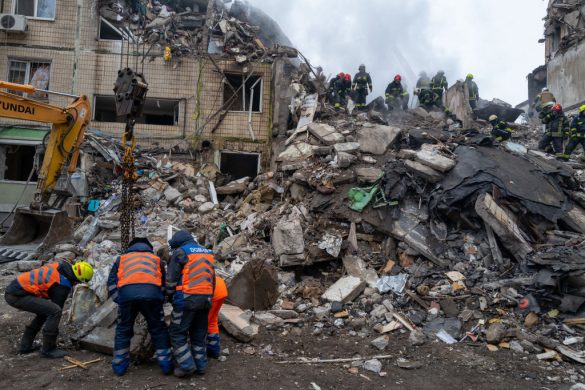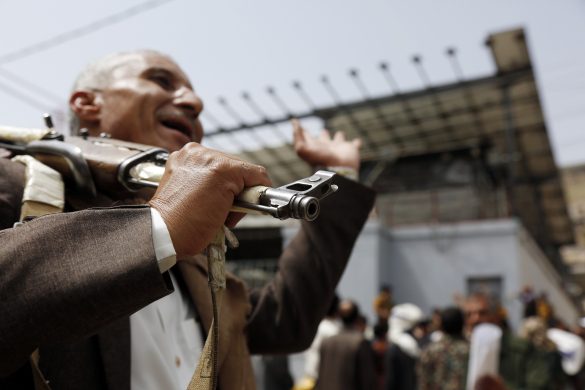AL-HUDAYDAH, YEMEN, 23 February 2017 (WHO): , “Hospital staff have not received their salaries for the past 5 months. There are acute shortages of certain medicines and we need more fuel to ensure the hospital has electricity,” says Dr Khaled Suhail, Director of Al-Tharwa Hospital in Yemen’s third largest city, Al-Hudaydah.
With more than 1200 employees and 320 beds, Al-Thawra Hospital is the main functioning health facility in Al-Hudaydah and neighbouring governorates.
Every day, around 1500 people seek care at the hospital, a 5-fold increase since 2012 due to the influx of people displaced by ongoing conflict and the closure of other health facilities in the area.
Last week alone, several thousand displaced men, women and children arrived in Al-Hudaydah Governorate, overwhelming already weakened health facilities and overburdening vulnerable host communities.
The Al-Hudaydah port, one of the main entry points to the country, is functioning at minimal capacity, significantly increasing the prices of goods, including medicines, and reducing economic activity in the city. As a result, many patients are unable to pay the minimal fees for hospital services.
Despite this, no one is turned away from Al-Thawra Hospital and hospital staff provide care to everyone, regardless of whether they can afford to pay. Recently, however, the hospital had to stop providing food for inpatients due to lack of funds.
“The World Health Organization (WHO) assists us by providing fuel and medicines for emergency interventions, and supporting the hospital’s therapeutic feeding centre.” explains Dr Suhail. “However, with no funds for operational costs, we never know if we will still be open one month from now.”
Collapsing health system in Yemen
Since the escalation of the conflict in March 2015, health facilities across Yemen have reported more than 7600 deaths and close to 42 000 people injured. The country’s health system has been another victim of the conflict.
The budget allocated to health authorities has been drastically reduced, leaving health facilities without funds for operational costs and health care workers without regular salaries since September 2016.
“With more than 14.8 million people lacking access to basic health care, the current lack of funds means the situation will get much worse,” says Dr Nevio Zagaria, WHO Acting Representative in Yemen.
Only 45% of health facilities in Yemen are fully functional and accessible, 38% are partially functional and 17% are non-functional. At least 274 of those facilities have been damaged or destroyed during the current conflict. Highly specialized medical staff, such as intensive care unit doctors, psychiatrists and foreign nurses have left the country.
Nutrition crisis
Almost 4.5 million people in Yemen, including 2 million children, require services to treat or prevent malnutrition, representing a 150% increase since late 2014. Of special concern are almost 462 000 children suffering from severe acute malnutrition and at risk of life-threatening complications such as respiratory infections or organ failure.
“Last year more than 100 children died from severe malnutrition in our therapeutic feeding centre” says Dr Suhail. “The majority of children who come here are from Al-Hudaydah city itself. Those from outside the city can’t afford the cost of transport, so many children simply die at home.”
WHO has established 15 therapeutic feeding centres in 7 governorates, and plans to open an additional 25 centres as the numbers of malnourished children increases across the country.
Urgent funding needs
“We are asked to fill gaps created by the collapsing health institutions,” says Dr Zagaria, “but last year, WHO received less than half of the US$ 124 million required.”
This year United Nations agencies and nongovernmental organizations working to support health care in Yemen are appealing for US$ 322 million, of which WHO is requesting US$ 126 million.
“We urgently need resources to help support the health system as a whole, and are calling on donors to scale-up their support before more innocent lives are lost unnecessarily,” says Dr Zagaria.

